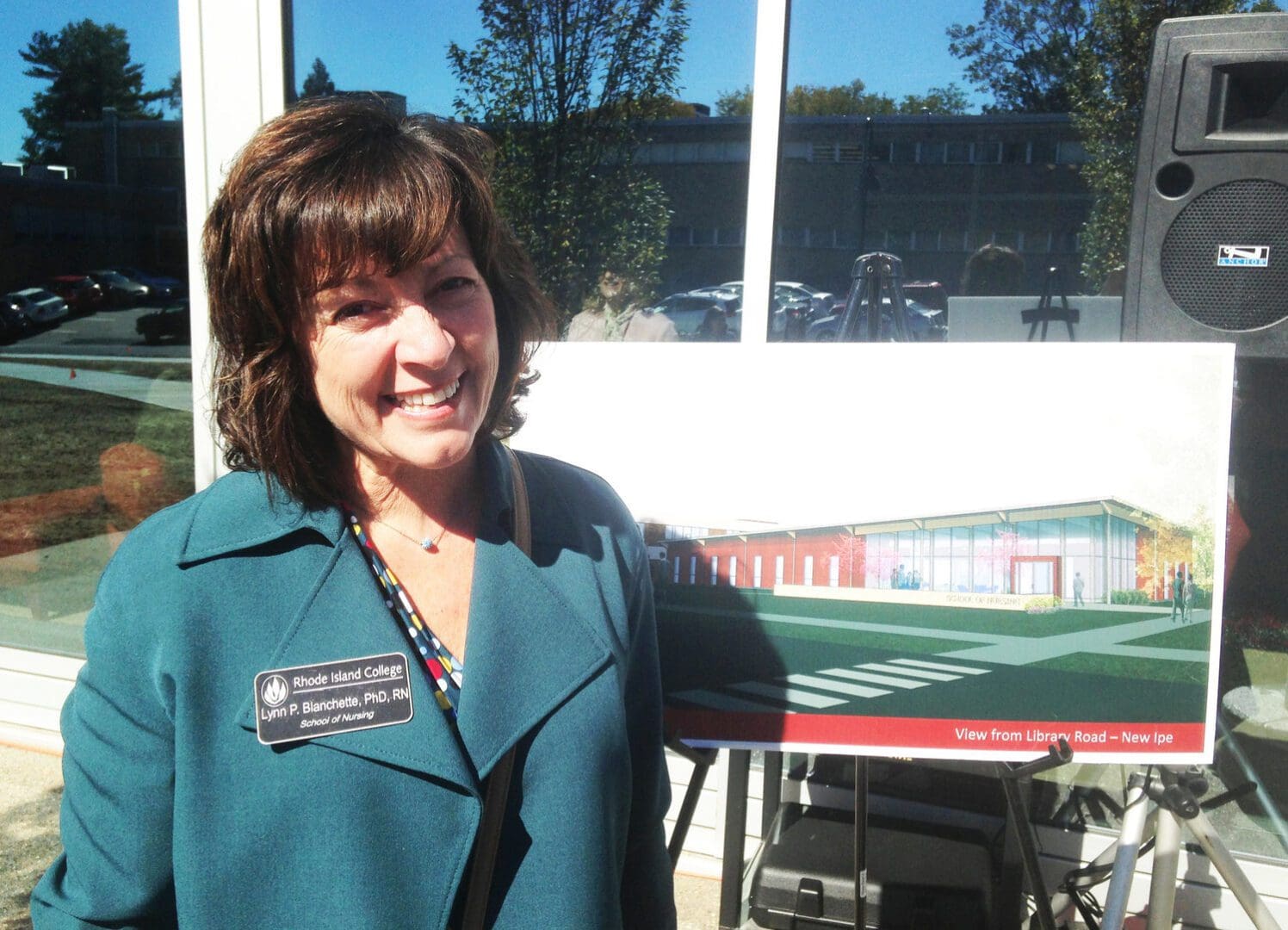Search Posts
Recent Posts
- Outdoors in RI: Help keep recreation areas clean. Invasive Milfoil, trash. 2A update – Jeff Gross July 26, 2024
- Real Estate in RI: Highest-ever sale in Queen’s Grant, EG $1.25M, by Residential Properties July 26, 2024
- Homeless in RI: Gov. Newsom issues Executive Order. Remove California’s encampments. July 26, 2024
- Let the games begin. XXXIII Summer Olympics – John Cardullo July 26, 2024
- GriefSPEAK: What would you do? – Mari Dias Nardolillo July 26, 2024
Categories
Subscribe!
Thanks for subscribing! Please check your email for further instructions.

In the line of fire – The voices of nurses
By Richard Asinof, ConvergenceRI.com
Nurses may hold up more than half of the health care delivery system. They may be the ones who are responsible for running the day-to-day operations at hospitals. They become the glue that holds together nursing homes and primary care practices and home visits.
And, when it comes to responding to the threats from the coronavirus pandemic, nurses are the ones who are on the front lines, managing patient care in the ICUs and in Emergency Departments, often put in harm’s way because of a lack of personal protective equipment.
Yet, when it comes to the policy discussion around care in the news media about the COVID-19 pandemic, nurses have been strangely absent from the conversation. Instead, all too often it is the hospital CEOs and emergency room physicians and academic epidemiologists who show up on our TV screens, as the experts in delivering care.
For Lynn Blanchette, Ph.D., RN, the Associate Dean and Assistant Professor of Nursing at the Rhode Island College School of Nursing, the problem is magnified, because of the prowess that nurses have in talking with patients.
“This is what we do, and this is how we do it,” Blanchette said, talking about the skills that nurses bring to the table in communicating with patients.
While Blanchette praised the work that Dr. Nicole Alexander-Scott, the director of the R.I. Department of Health, saying she has done a good job in presenting the facts, here are the rules, what has been missing, in her opinion, has been the ability to translate those rules into practical ways to apply such rules in everyday life.
Further, Blanchette wondered why nurses who were working round-the-clock at the R.I. Department of Health, particularly those trained in communicable diseases, were not being featured at the daily news briefings.
Voices of authority
When asked what questions she would pose to Lifespan CEO Dr. Timothy Babineau and Care New England President and CEO Dr. James Fanale, if she had the opportunity, Blanchette said: “One thing I would want to know is how they are protecting the nursing staff, and that includes the CNAs and all the people who are at the bedside outside of the ICU and the emergency room. I keep hearing a lot of stories about nurses being forced to reuse supplies that should not be reused, in ways that are not the most effective to protect the nurses and the patients [from further transmission] of the virus.”
Further, Blanchette wanted to know how nurses are participating in the conversations around what the community needs to know to keep themselves safe and how to protect their families.
Answering the call
Blanchette said that she has been a frequent volunteer at the R.I. Department of Health, bringing colleagues and students with her, to help staff the hotline on weekends, answering questions of callers.
When emergency waivers were recently granted to physicians to be able to bill for telemedicine consultation with patients, one group of caregiver who did not receive waivers were nurses involved in home health care delivery.
“It is the nurses in home health care,” she said, “who are involved in managing the health and well being of patients in their homes, who are responding to calls, providing reassurance and giving reassurance.” At the same time, Blanchette continued, these nurses are not making as many home visits because the risk of exposure is very high.
“The home health nurses are spending a lot of time on the phone, talking with the patients and their families, prioritizing who needs a visit, and who can be OK with phone consultation,” Blanchette said. She believed that a similar waiver should be given for home health nurses to be reimbursed for telemedicine during this time of pandemic.
The human touch
Blanchette said that the skills that nurses bring to the table have a lot to do with how to communicate with patients, by being good listeners and by being able to translate care into practical information.
“What most people need at this moment is good, solid, useful information about how to protect themselves sand their family, and how to manage the sick days and being in quarantine, should they occur,” Blanchette said.
Photo: Lynn Blanchette, Ph.D.., RN, Associate Dean at the Rhode Island College School of Nursing

Richard Asinof is the founder and editor of ConvergenceRI, an online subscription newsletter offering news and analysis at the convergence of health, science, technology and innovation in Rhode Island.
